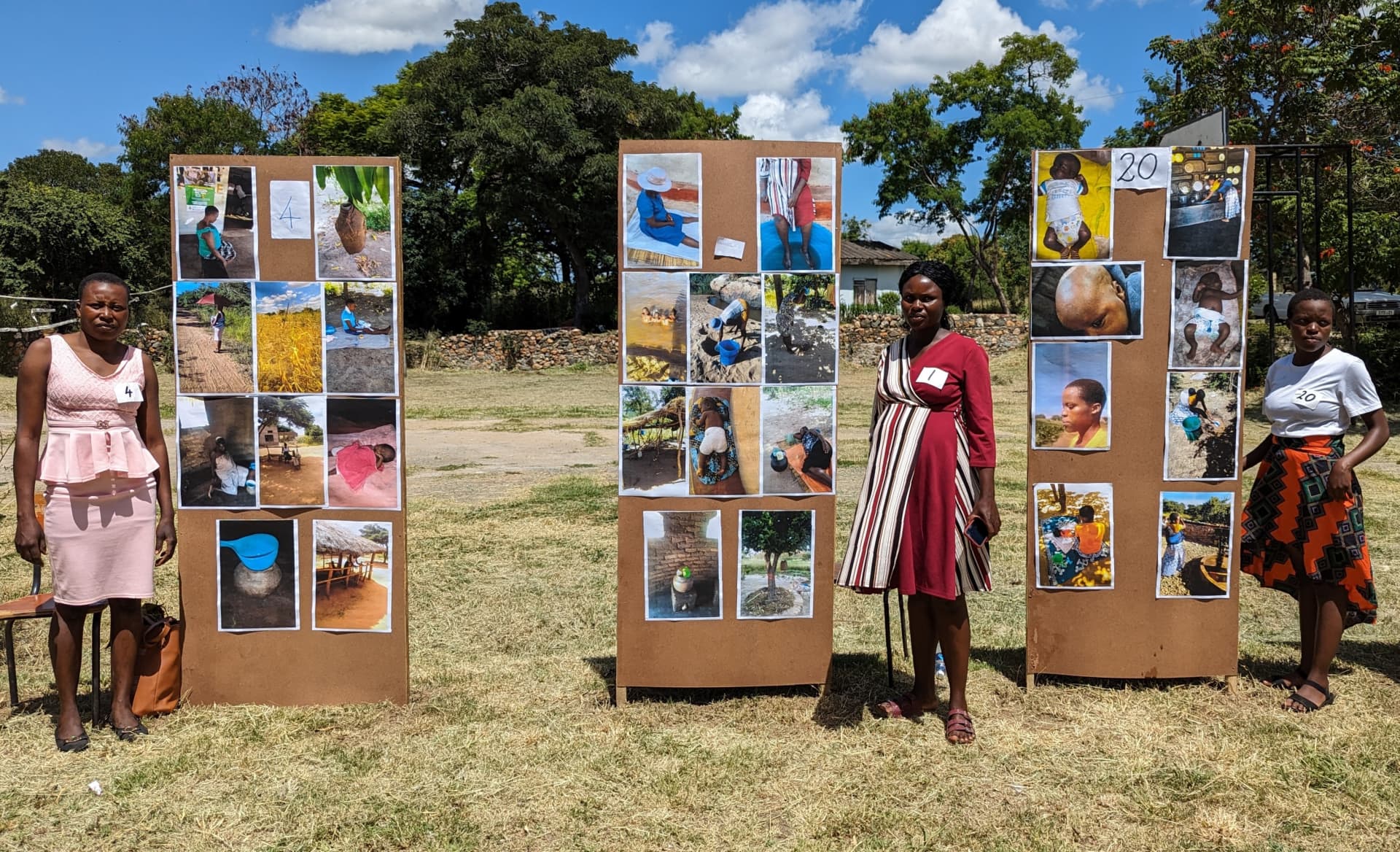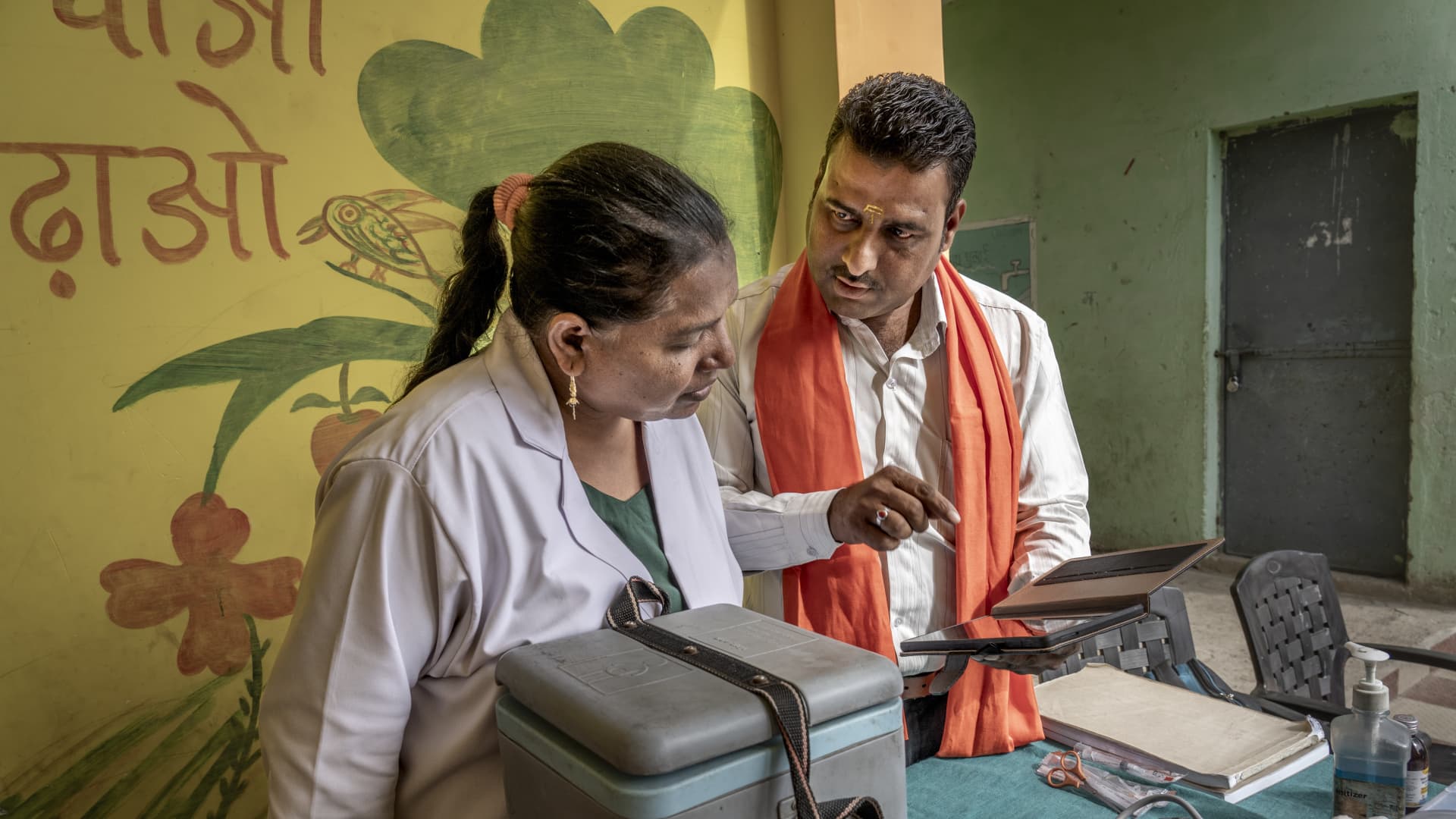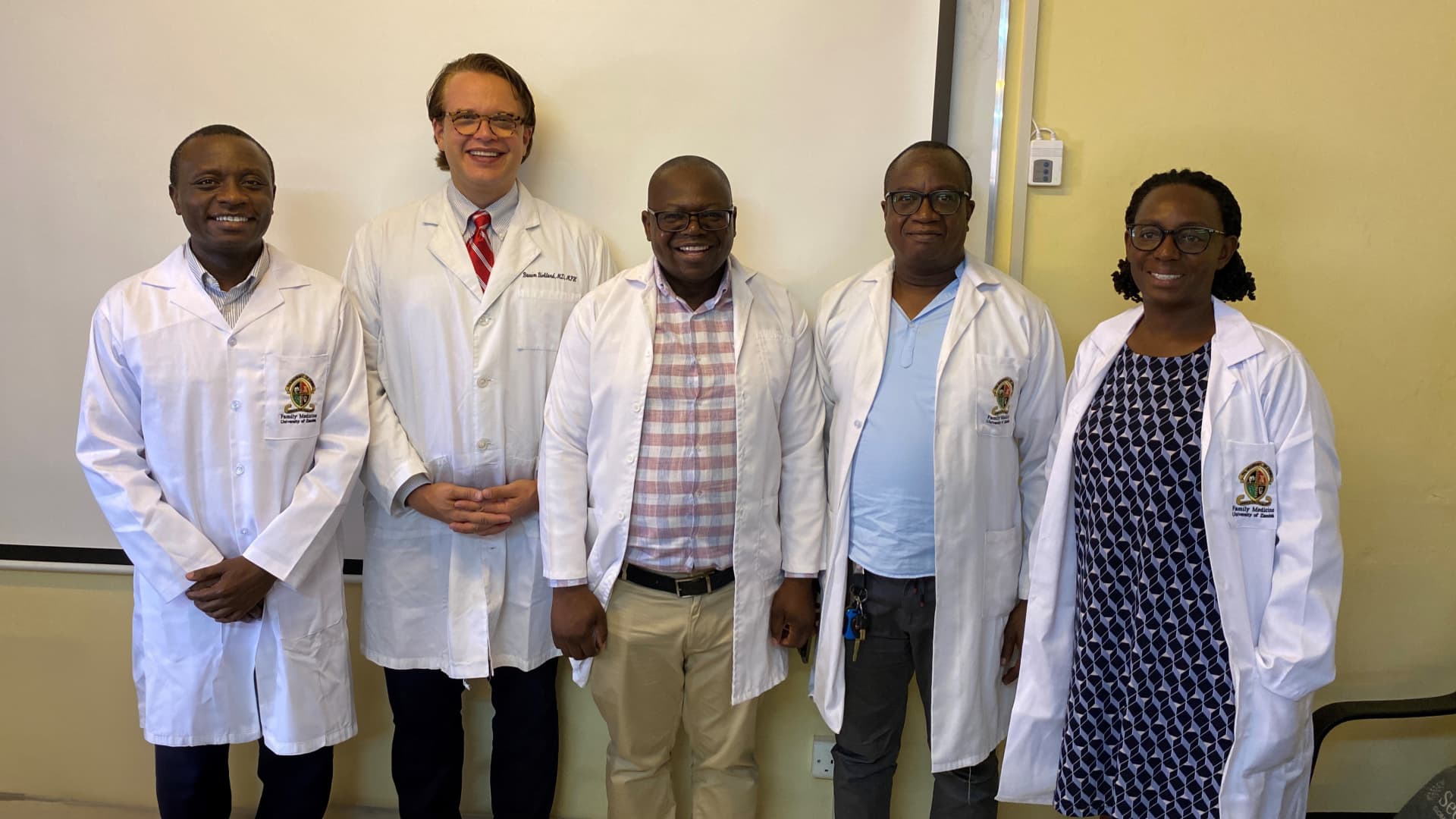Empowering women in data science to advance public health | Takeda Stories
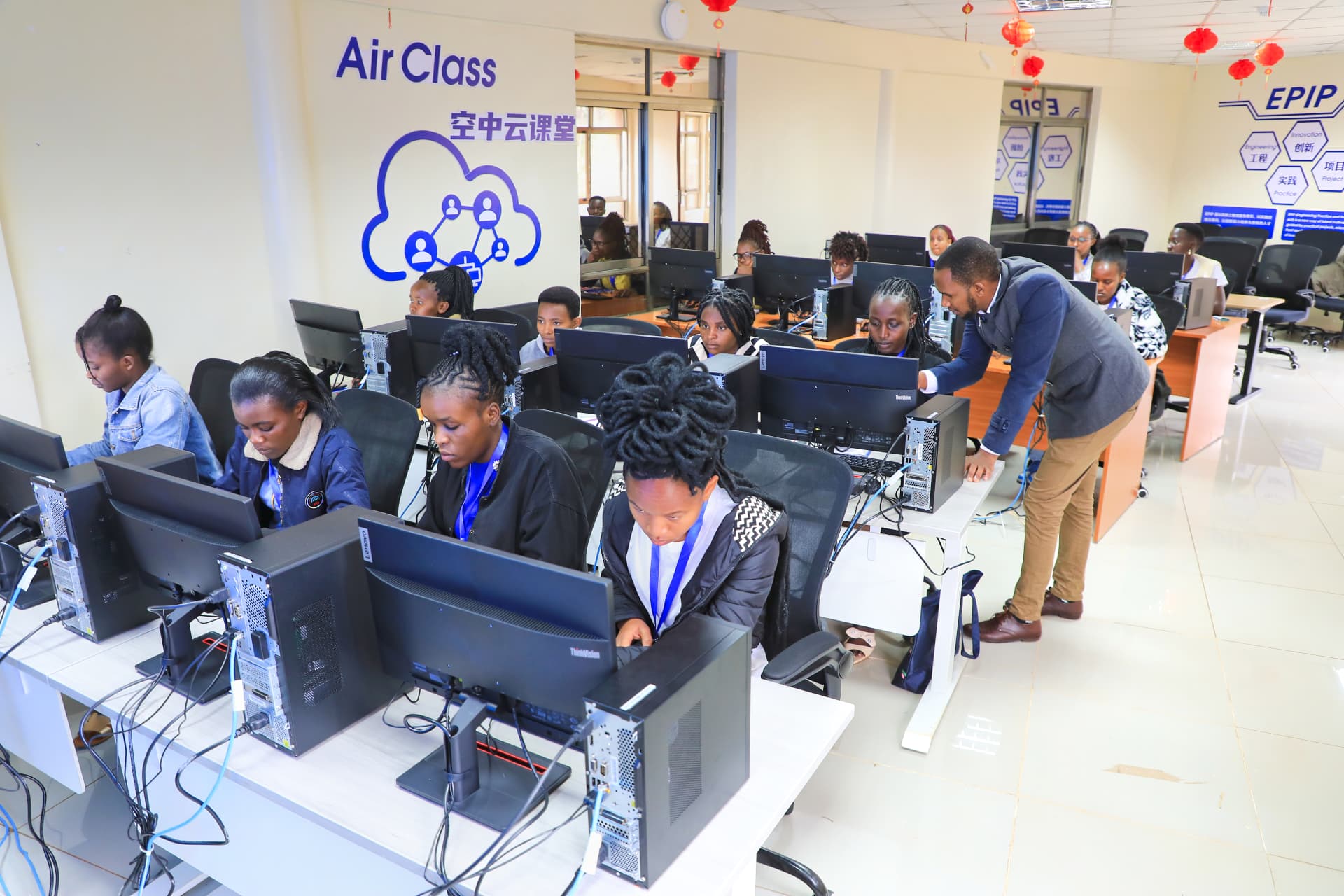
Empowering women in data science to advance public health
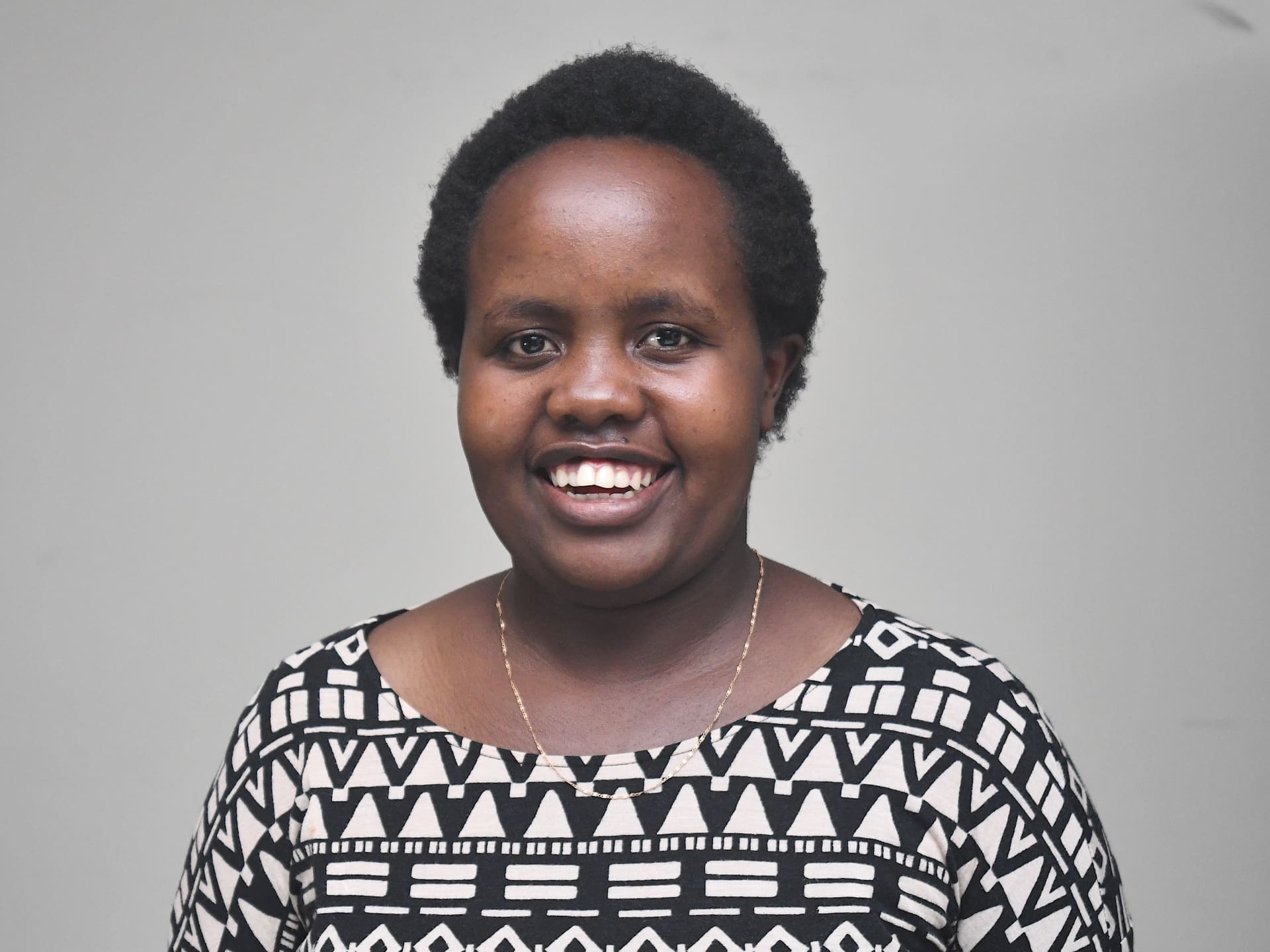
Annah Ndono, ENGAGE program graduate
“I found myself at a crossroads, uncertain about my future in STEM and on the verge of giving up.”
After finishing her undergraduate studies, Annah Ndono was exploring her options, trying to find a path forward in her STEM (science, technology, engineering and mathematics) career. She was eager to apply her skills but wasn’t sure where to start.
“Then, I came across the ENGAGE poster, which caught my attention with the question: ‘Are you a girl in STEM?’” she says. “I saw myself in that question, and my interest in data science made the program a perfect fit.”
ENGAGE – Enabling Girls in AI and Growing Expertise – is Kenya’s first program designed to empower young women with the skills to leverage data science and machine learning for public health solutions. Led by the University of Nairobi and funded by Takeda, the program was conceived by Professor Julius Oyugi, Director of Research at the University of Nairobi Institute for Tropical and Infectious Diseases and principal investigator for ENGAGE, and colleagues from the University of California San Francisco. The idea, he says, was sparked by challenges the local government faced during the early stages of the COVID-19 pandemic in finding data scientists to predict the virus’s spread.
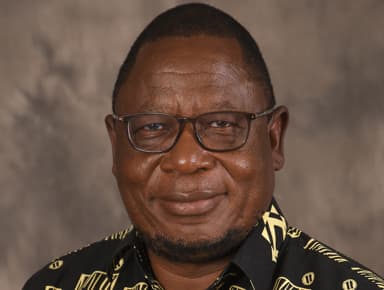
Prof. Julius Oyugi, principal investigator for ENGAGE
Takeda employees selected ENGAGE in 2023 through our annual Global CSR Program vote, with the five-year initiative kicking off in 2024. The program’s first year, saw significant success, with 90 young women from across Kenya completing the 20-day training course. The participants, many from underprivileged backgrounds, learned a combination of data science and public health skills, covering topics like coding, statistics and AI.
After completing the course, the participants applied their skills in real-world settings by working in health facilities. This allowed them to interact with health data and gain practical insights into public health challenges.
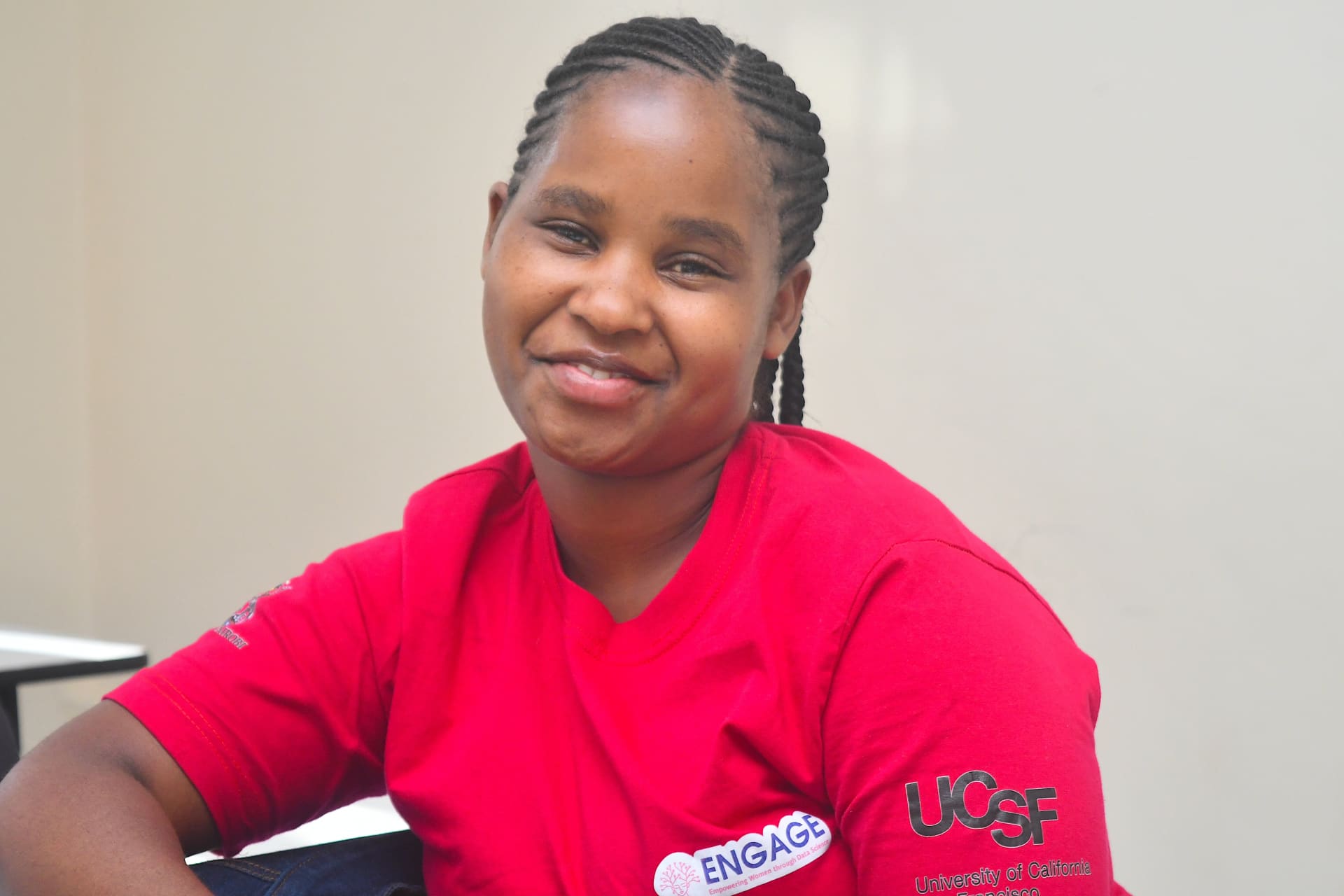
Veronica Mwende, ENGAGE program graduate
Veronica Mwende was among the program’s first graduates.
“From exploring data and drawing meaningful insights to training predictive models with real-world application, the learning experience was enriching,” she says. “One of the highlights was working with real-life datasets during our internship placements, which reinforced the practical application of our knowledge.”
The hands-on nature of the ENGAGE program has already yielded exciting results, with several participants developing real-world predictive models to address critical health issues.
“One of our students worked on a project focused on preeclampsia, a common pregnancy complication,” says Professor Oyugi. “She came up with a predictive model to determine what types of expecting mothers are more likely to be at risk for preeclampsia.”
The participants have also been involved in building predictive models to tackle health issues related to weight and mental health.
Toshie Ando, Head of Global CSR at Takeda, notes the alignment between the ENGAGE program and the company’s commitment to harnessing leading-edge technology to solve pressing global health challenges.
“Digital technology drives innovation at Takeda,” she says. “Through programs like ENGAGE, we can extend our efforts beyond our treatments, and with over 240 years of history, we’re able to apply a long-term perspective to make sure solutions are sustainable.”
As the program moves into its second year, the project team is preparing to expand its reach and impact. With support from Takeda until 2028, the ENGAGE program will continue its university course while adding entry-level training for high school students.
But Professor Oyugi believes there is potential to take it even further.
“This is a program that we could possibly recreate in neighboring countries like Uganda and Tanzania,” he says. “AI and data science are becoming increasingly important tools in solving public health problems, and we share a number of the same disease challenges in this region.”
In addition to the potential benefits to community health in Africa, Annah feels that as the ENGAGE program progresses, its impact on participants will also continue to grow. Inspired by their new skills, many graduates are pursuing employment and further education in data science, and they are contributing to the program’s goal of increasing the number of data scientists in Kenya. Once uncertain about her path in STEM, Annah found direction and confidence through the program.
“It’s not just a training course; it’s an empowering experience,” she says. “Stay curious, embrace the learning process, and the program will change your life, just as it did mine.”
Watch Professor Oyugi share his thoughts on Takeda's values and global health.
Share this story

